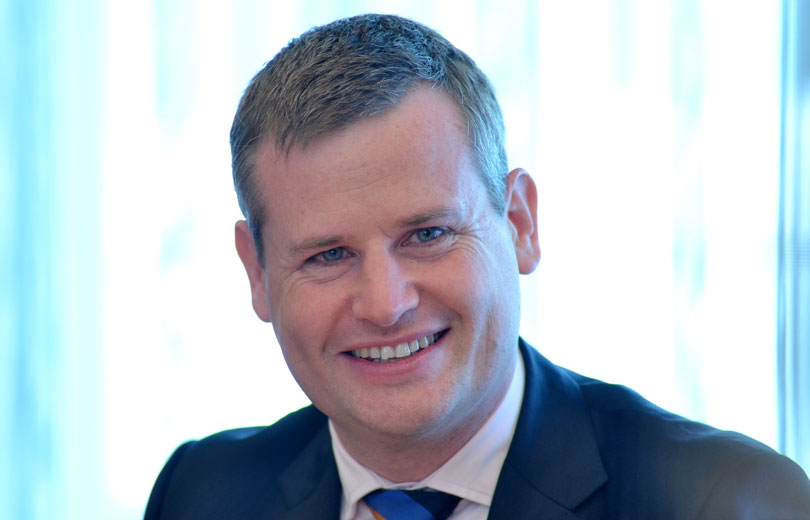John Leech, KPMG’s head of automotive, talks to AM about risks to the new and used car markets and the opportunities for carmakers and dealers to get closer to the consumer.
How do you see UK automotive at the moment?
John Leech: It feels like we are riding on the crest of the wave. The key question is when will it crash?
The risks are that the national sales companies (NSCs) are keen to get a bit more volume. So allocations keep rising and we are just starting to see profit per unit on new cars starting to tail off at a number of dealer groups. There’s a danger that the NSCs push a bit too much, margins tip off, that tips into used car residuals and the whole thing comes crashing down.
The other worry is we are two thirds of the way through the PPI mis-selling pay-outs. When that ends, it could have a dampening effect on new car sales.
How might motor retailing become more efficient?
John Leech:The automotive industry stands out as one of the poorest sectors for properly using customer data.
The NSCs’ CRM systems and databases are still based on a car’s VIN. The “connected car” is going to mean that they have an always-on channel with the driver. So they need to get their CRM systems and their sales and marketing based on the driver, which is a fundamental, far-reaching change for the industry.
Will the franchised sector start to regain some of the aftersales business it has lost?
John Leech: That’s the million-dollar question – can franchised dealers help stem the tide through connected car technology? They will be better able to market direct to the driver. Will that outweigh the fact they are 30% more expensive than the independent sector? Will the independents consolidate enough to take on the dealer groups? It’s probably not great for the independents.
Do you see consumer changes that will affect the retail model? Won’t some customers order their car online and then engage with the dealer for service?
John Leech: I think that’s absolutely true. But when I go around the NSCs and dealers, many believe it’s not going to happen. But it’s hard to see why not. People are going to be increasingly comfortable buying what is essentially a standardised product. Only 70% of people, today, buying a car, have test-driven it.
The need to have dealer workshops is still there and is still strong, it’s the question of what do you need from the sales angle? I don’t believe we will be seeing substantial reductions in dealership sales operations in five years’ time because I still think the manufacturers want to cover all the bases. So I don’t think dealers need to worry. But there will be a gradual trend of new cars being sold directly online and the risk is that the dealer increasingly earns a fixed fee from the NSC.
Do you think the franchised sector will continue to consolidate?
John Leech: The larger dealer groups find it harder to grow because the vehicle manufacturers feel they are a bit over-represented by them. I think you will see a shift, generally, towards less concentration of the big dealer groups. So, I don’t think you’ll see much growth at the top end, but there will be a lot of consolidation at the medium-sized dealer groups as they sweep up the smaller players.
How can KPMG work more closely within the UK automotive industry?
John Leech: Vehicle manufacturers, national sales companies and dealers really need a gigantic amount of help. We are just serving the tip of the iceberg. Part of the battle for us is to convince companies of the value we can bring and that we bring a lot of pace into organisations. We can take tough decisions that maybe management finds difficult to take.














Login to comment
Comments
No comments have been made yet.